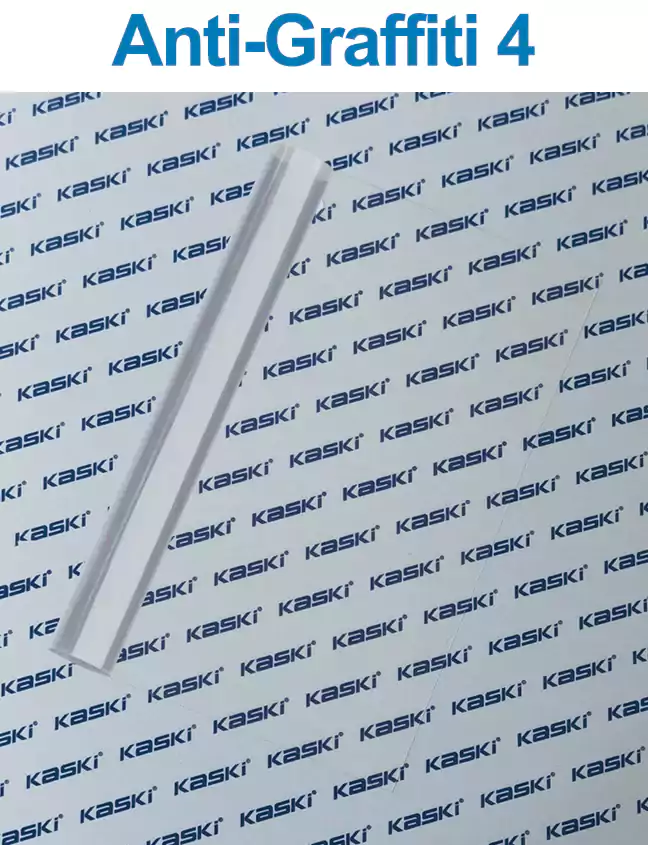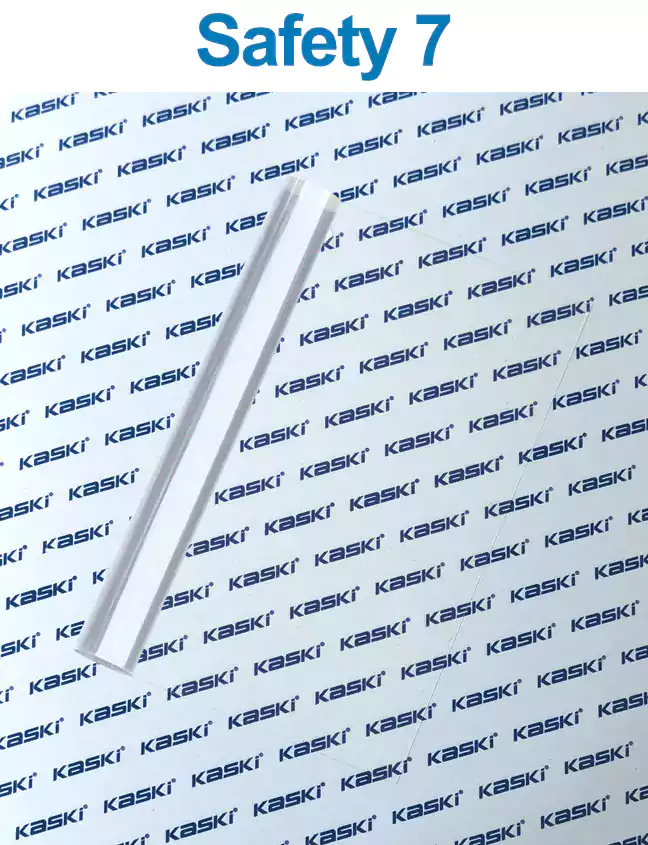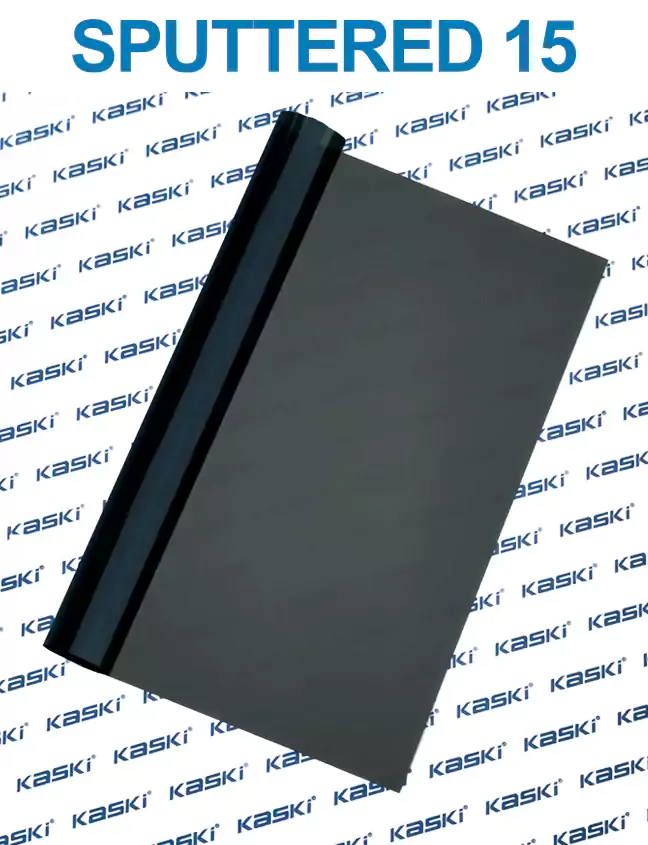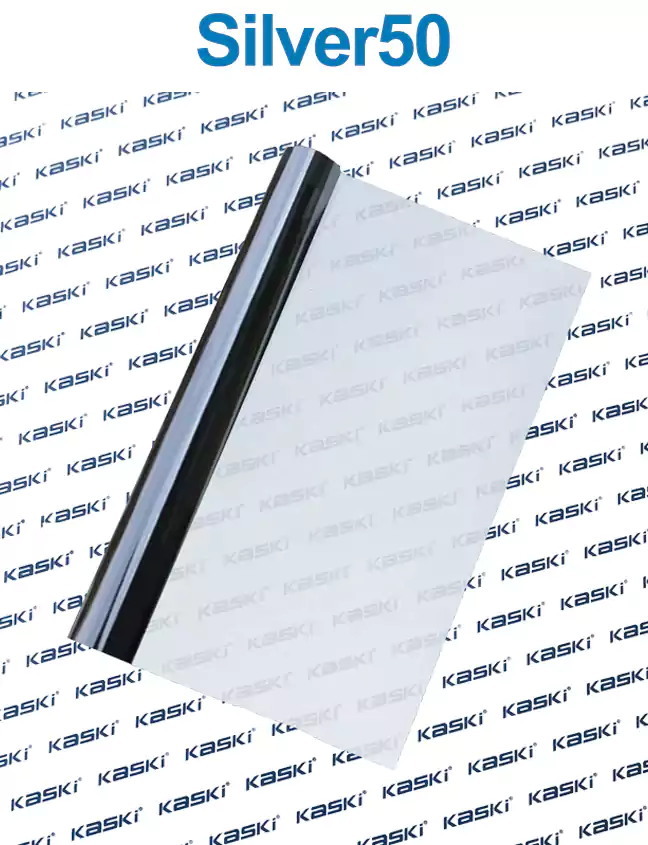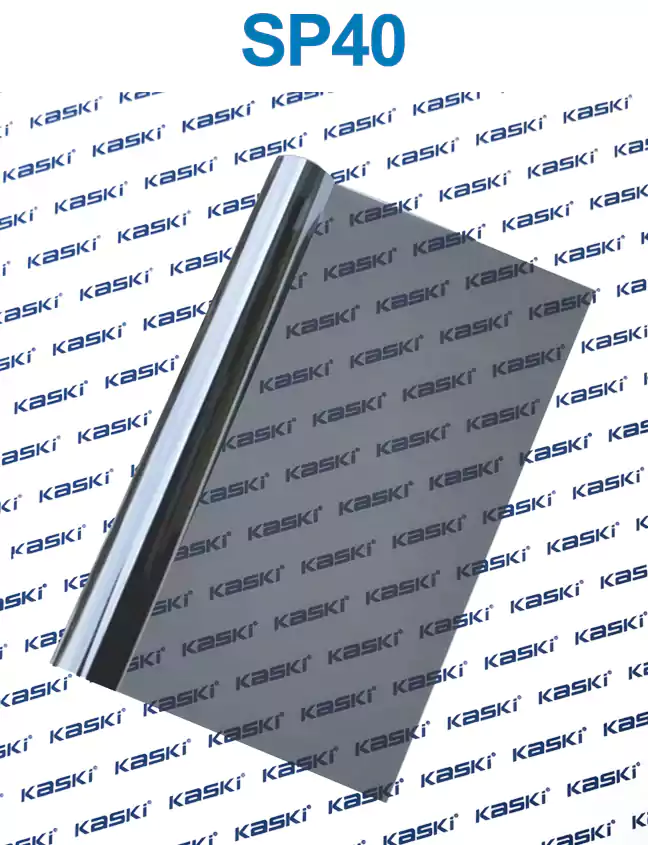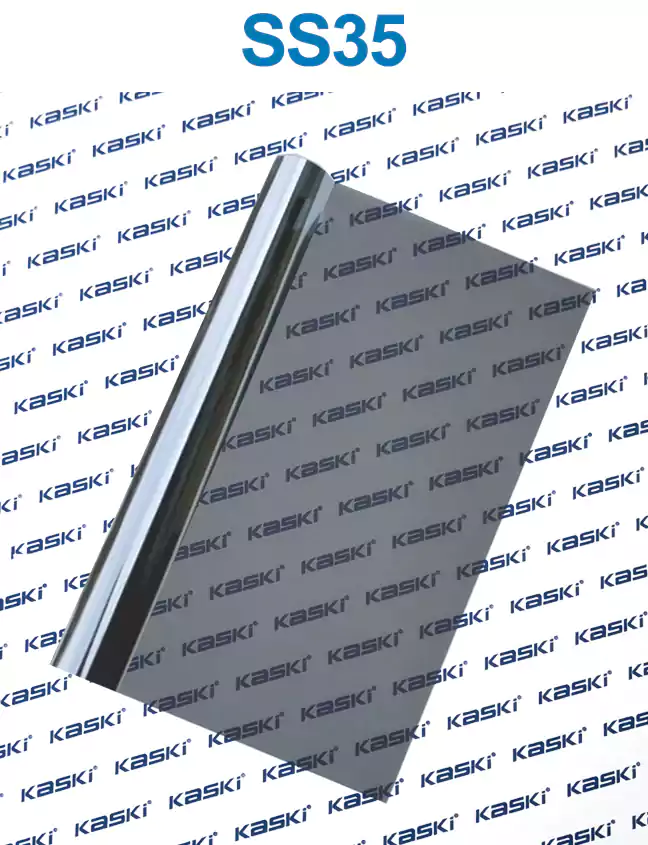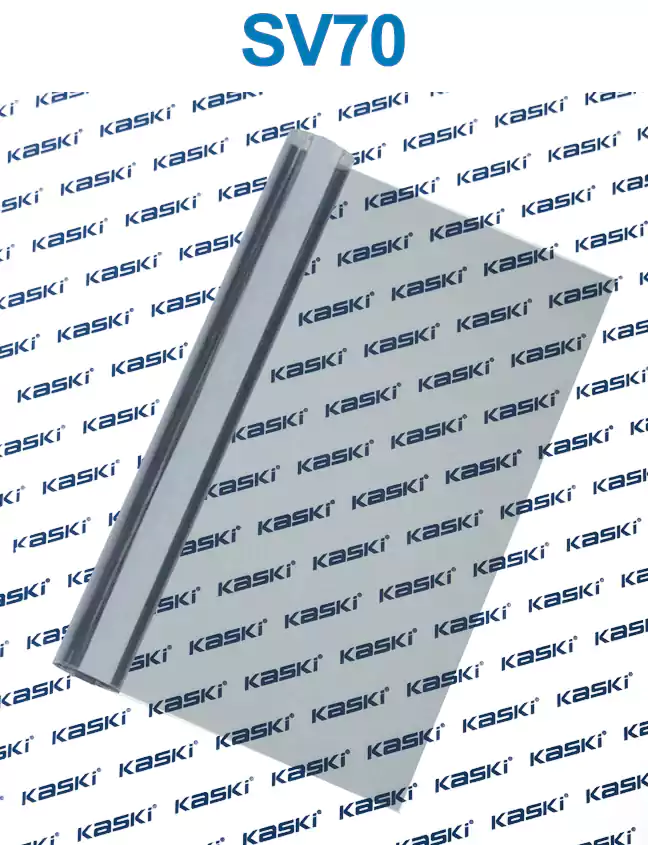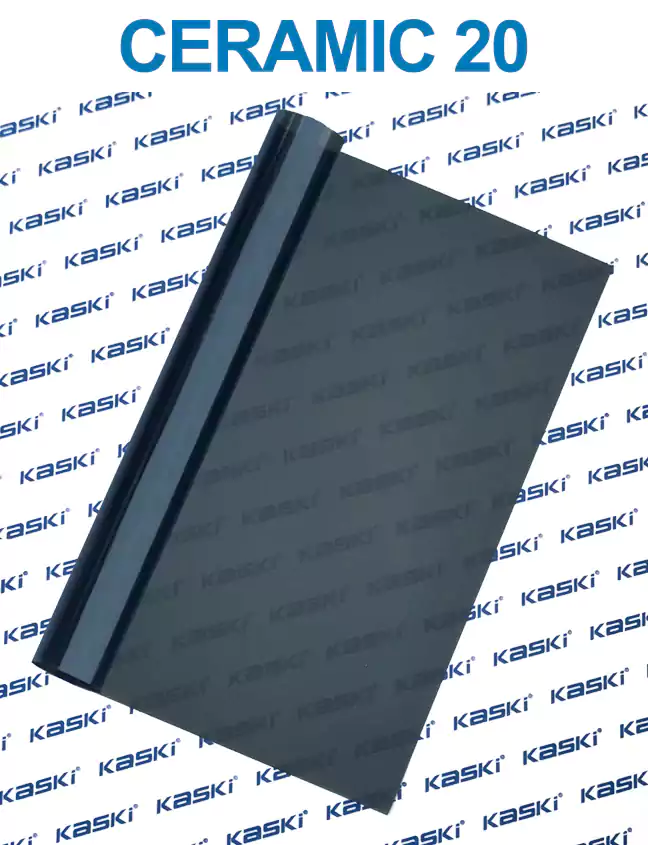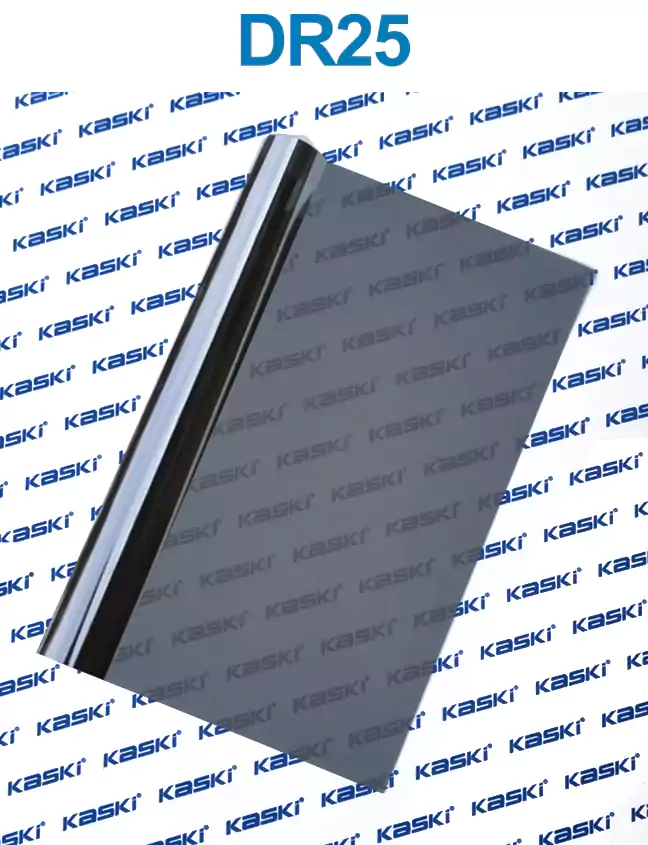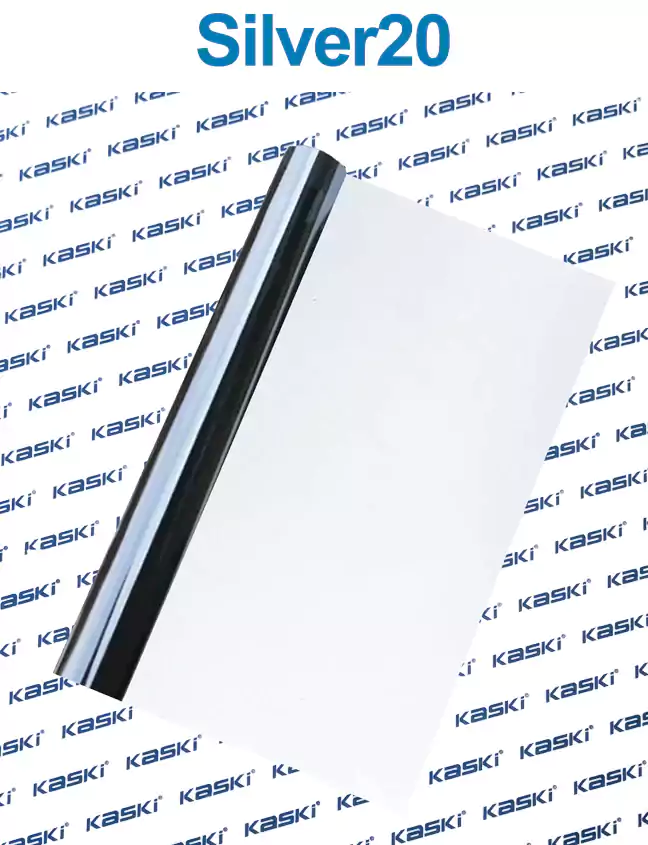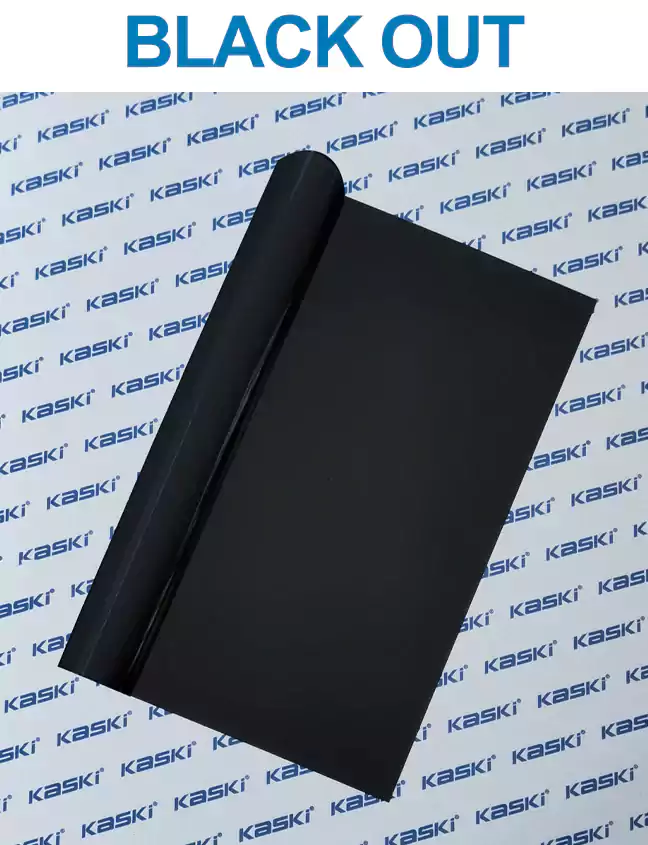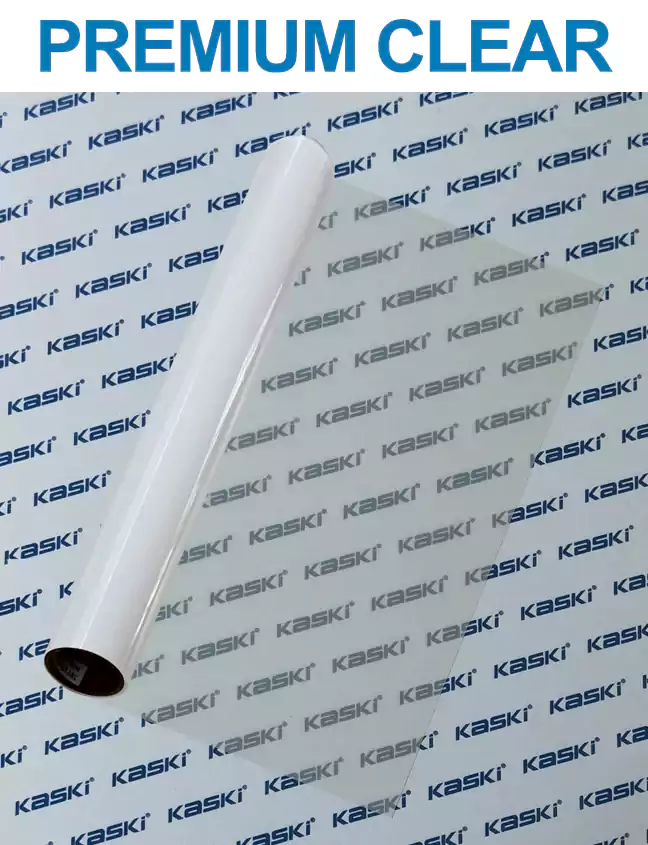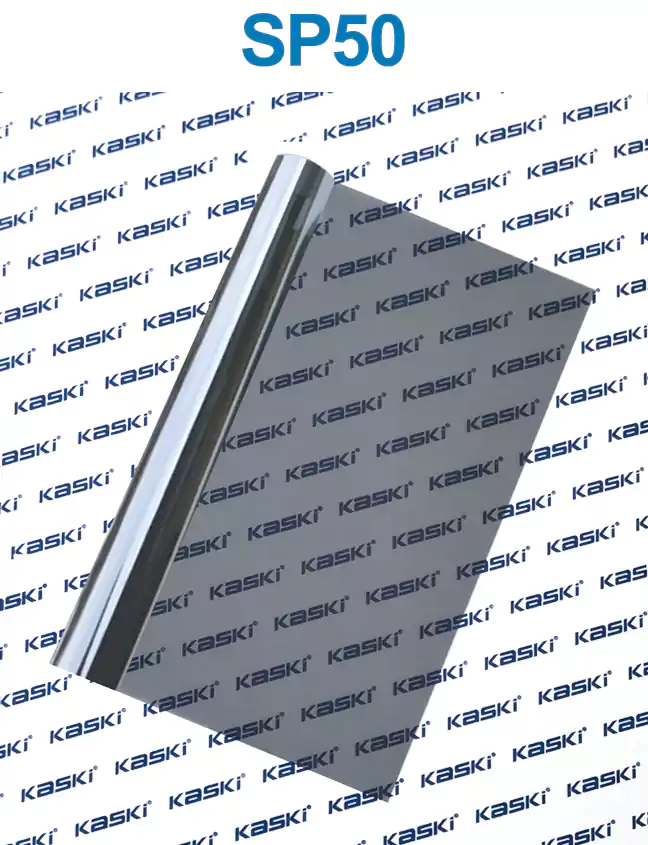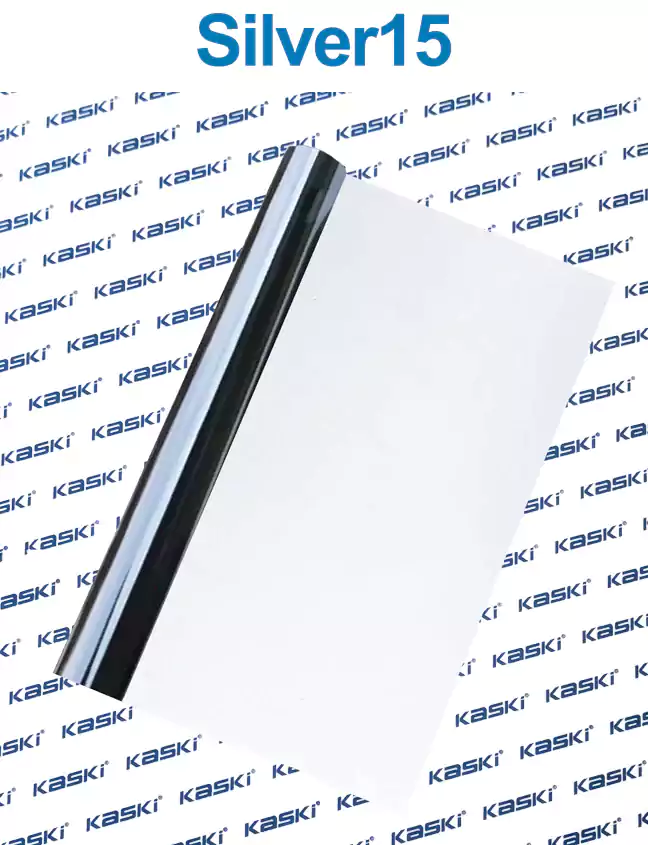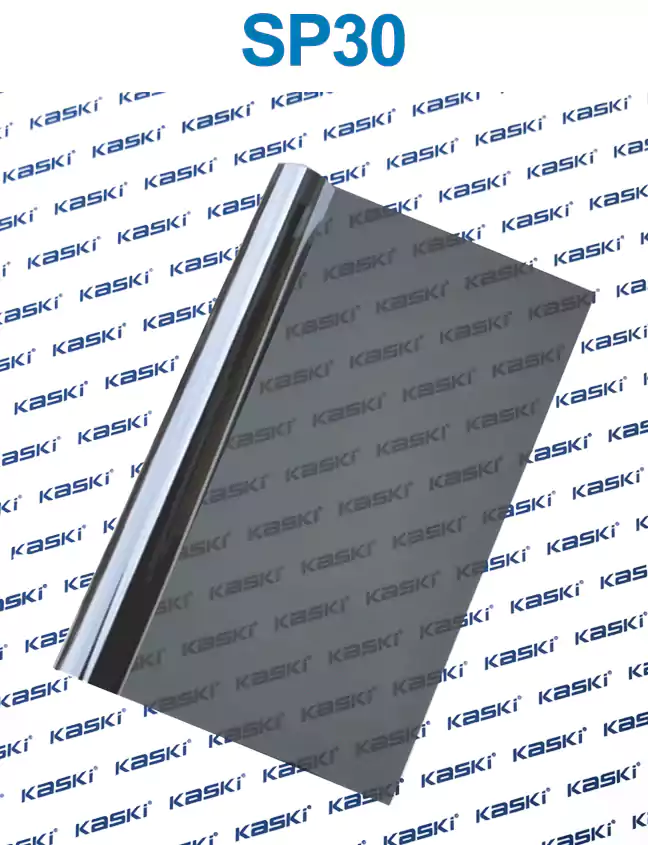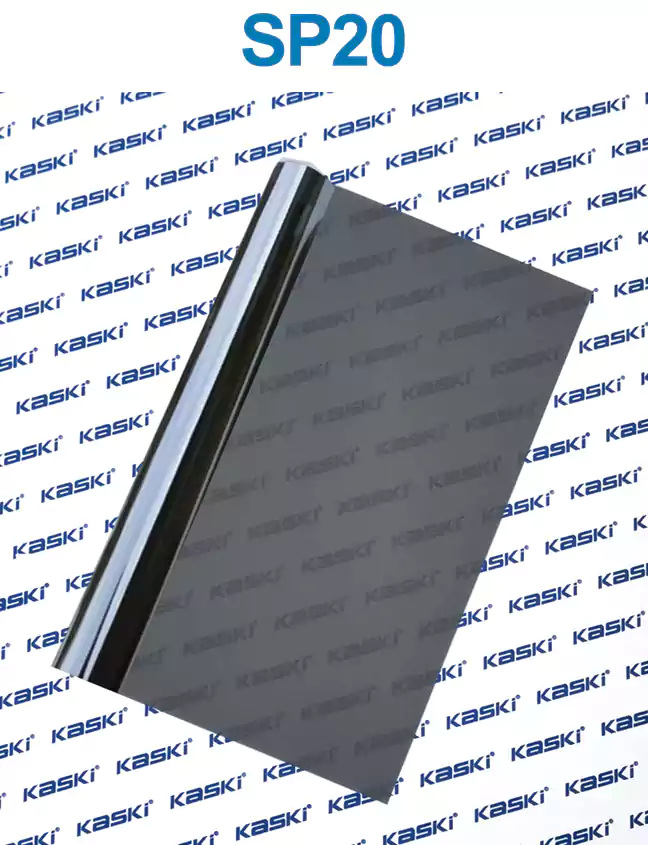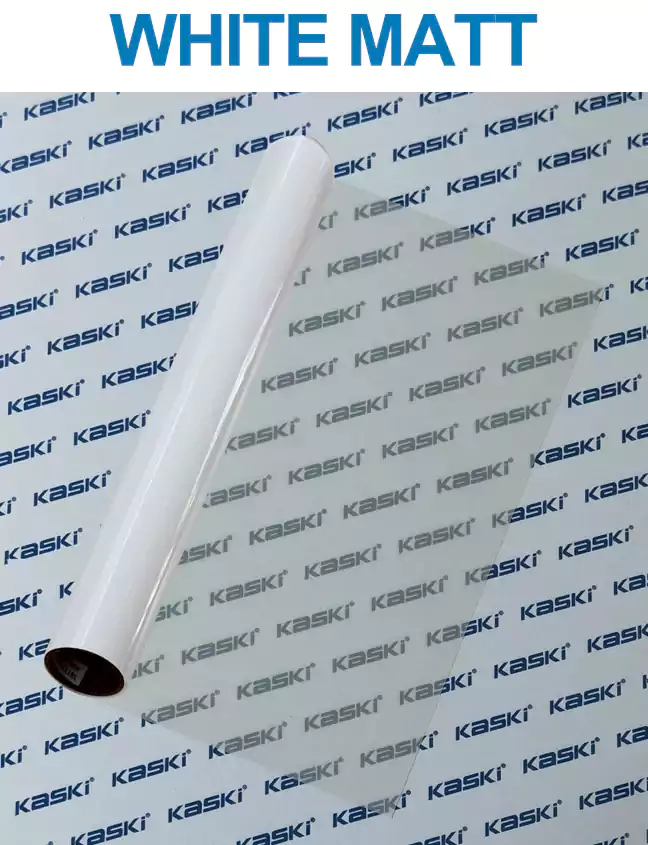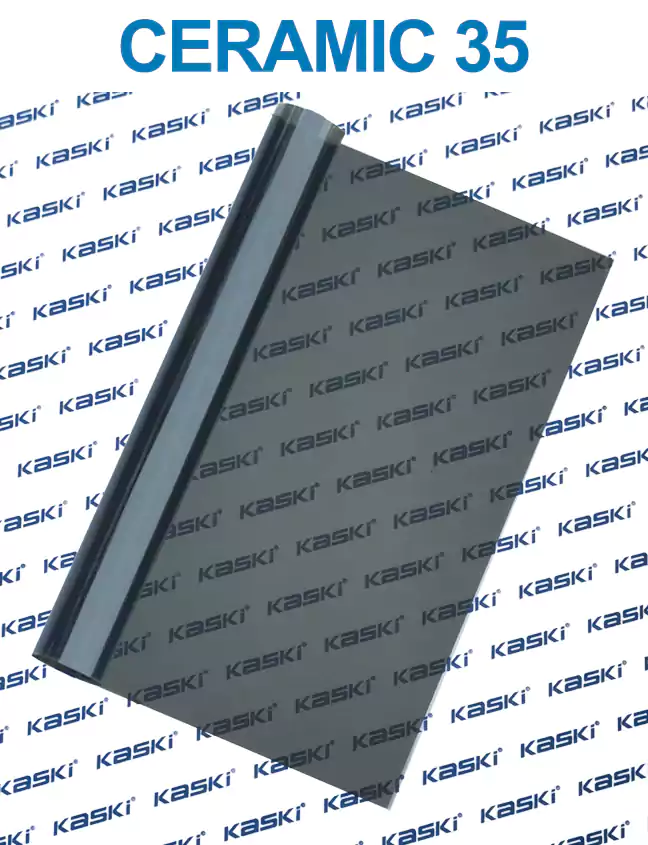Automotive window tinting is a popular and practical solution that offers a wide range of benefits for car owners. From improving the overall comfort and energy efficiency of your vehicle to protecting your interior from the sun's harmful UV rays, window tinting has become an essential accessory for many drivers.
In this comprehensive guide, we'll explore the principles of automotive window tinting, the advantages it offers, and provide a detailed installation case study to help you understand the process better.
The Principles of heat control window film
Window tinting works by applying a thin, transparent film to the car's glass surfaces, including the side windows, rear glass, and even the windscreen. These tinted films are designed to block a significant portion of the sun's UV rays, reducing the amount of heat and glare that enters the vehicle.
The tinting films come in a variety of shades and levels of opacity, allowing you to customize the look and performance of your car's windows. The darker the tint, the more light and heat it can block, but it's important to note that there are legal restrictions on the level of tint allowed in certain areas, such as the windscreen and front side windows.
Advantages of Automotive Window Tinting
1. Increased Comfort and Energy Efficiency: By blocking the sun's heat, window tinting can significantly improve the overall comfort of your vehicle, keeping you and your passengers cooler during hot summer days. This, in turn, can lead to reduced reliance on air conditioning, resulting in improved fuel efficiency and lower energy costs.
2. Protection for Interiors: The UV-blocking properties of window tinting can help preserve the condition of your car's interior, including the upholstery, dashboard, and any decorative curtains or blinds. This can extend the lifespan of these components and maintain the overall aesthetic of your vehicle.
3. Reduced Glare and Improved Visibility: Tinted windows can help reduce the glare from the sun, making it easier to see while driving and improving overall visibility. This can be particularly beneficial during the early morning or late afternoon hours when the sun is low on the horizon.
4. Enhanced Privacy and Security: Tinted windows can provide an added layer of privacy, making it more difficult for passersby to see into your vehicle. This can be especially useful for those who transport valuable items or need to maintain a level of discretion.
5. Blocking Harmful UV Rays: Window tinting can block up to 99% of the sun's harmful UV rays, which can be damaging to both your skin and the interior of your car. This can help protect you and your passengers from the long-term effects of sun exposure.
Case Study: Automotive Window Tinting Installation
To provide a more detailed understanding of the automotive window tinting process, let's explore a case study involving a 2021 Toyota Camry.
The vehicle's owner, Sarah, was looking to enhance the comfort and appearance of her Camry, while also protecting the interior from the sun's damaging effects. She decided to have her car's windows tinted by a reputable local installer.
The installation process began with a thorough cleaning of the car's windows to ensure a proper adhesion of the tinting film. The installer then carefully measured and cut the tinting film to fit each window precisely, taking into account any curves or contours.
Once the film was cut, the installer applied a solution to the window's surface, allowing the tinting film to be easily positioned and smoothed out. Special attention was paid to the edges of the film to ensure a seamless and professional-looking finish.
After the film was applied, the installer used a squeegee to remove any air bubbles or wrinkles, ensuring a smooth and even appearance. The final step involved a curing period, during which the tinting film bonded to the window and achieved its maximum level of clarity and performance.
Sarah was thrilled with the results, noting that the tinted windows not only enhanced the overall look of her Camry but also provided a noticeable improvement in comfort and reduced glare while driving.
Testimonials
"I've had my car's windows tinted for a few years now, and it's been a game-changer. The reduced glare and cooler interior have made my daily commute so much more enjoyable. I highly recommend automotive window tinting to anyone looking to improve their driving experience." - John, Toyota Corolla owner
"As someone who lives in a hot climate, window tinting has been a lifesaver. It's kept my car's interior cooler, and I've noticed a significant reduction in my energy bills from not having to run the air conditioning as much. The installation process was quick and hassle-free, and I'm really happy with the final result." - Emily, Honda Civic owner
In conclusion, heat control window film is a practical and versatile solution that can enhance the comfort, efficiency, and appearance of your vehicle. Whether you're looking to reduce glare, protect your interior, or simply create a more personalized look, window tinting is an excellent investment that can improve your driving experience.

